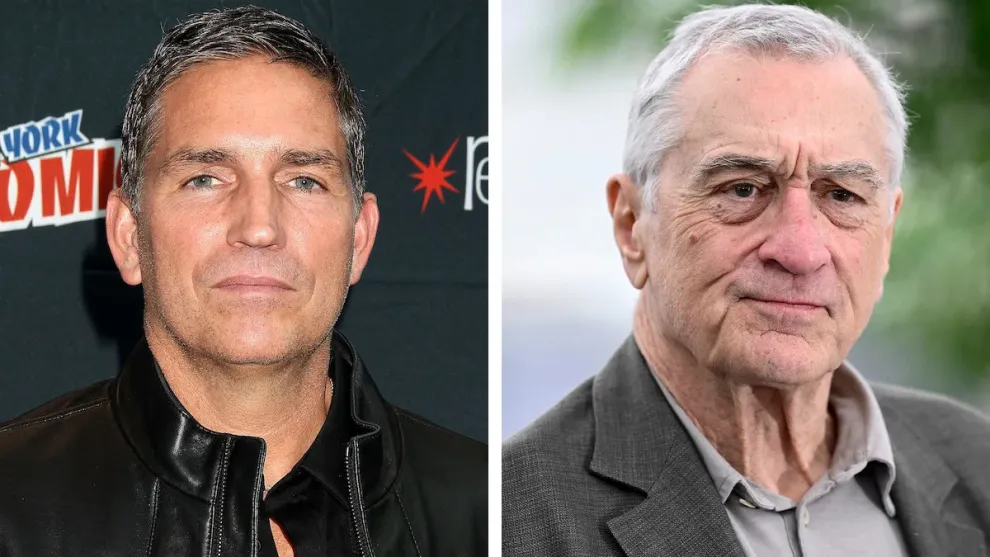In a surprising turn of events in the entertainment industry, actor Jim Caviezel is grabbing headlines by refusing to collaborate with the renowned Robert De Niro. Caviezel has labeled De Niro as “awful” and “ungodly,” sparking significant discussion in Hollywood about the intersection of personal beliefs and professional work in the film industry. This article delves into the reasons behind Caviezel’s bold decision, the factors leading to his reluctance to work with De Niro, and the broader implications for the film industry when actors publicly express such strong sentiments.
Jim Caviezel, acclaimed for his portrayal of Jesus in “The Passion of the Christ,” is widely recognized for adhering to his Christian principles and selecting roles that align with his moral values. Conversely, Robert De Niro, a prominent figure in Hollywood, is known for his prolific career and outspokenness on various social and political issues. Caviezel’s choice to abstain from collaborating with De Niro underscores the tension between personal convictions and the collaborative nature inherent in filmmaking.

During a recent interview, Jim Caviezel made a significant announcement when questioned about potentially working with Robert De Niro. He was unequivocal, stating, “I won’t work with Robert De Niro. He’s an awful, ungodly man.” These strong words immediately garnered attention from both the media and fans, sparking speculation about the relationship between the two actors.
While Caviezel didn’t delve into specifics during the interview, it’s apparent that his decision stems from a significant disparity in their values. Known for his outspoken Christian faith and penchant for roles aligned with his moral convictions, Caviezel likely perceives a clash with De Niro’s public persona or past actions. The lack of detail has fueled curiosity, leaving observers to speculate about the nature of their disagreement.

Public statements from actors can either bolster or hinder their careers in the entertainment industry. Caviezel’s stance against working with De Niro may find support among those who share his beliefs and admire his steadfast commitment. However, questions arise regarding the potential impact on Caviezel’s future projects and industry perceptions of such public declarations.
Caviezel’s unwavering Christian identity has long been a defining aspect of his public persona. His role in “The Passion of the Christ” solidified his reputation as an actor unafraid to align with his spiritual convictions. The rift with De Niro underscores the challenges faced by actors seeking to uphold their values in an industry fraught with moral ambiguity.
Beyond the individual actors involved, Caviezel’s refusal to collaborate with De Niro prompts reflection on the broader implications for Hollywood and the entertainment business. This incident underscores the ongoing tension between personal beliefs and the collaborative nature of filmmaking. As actors increasingly leverage their platforms to advocate for their values, the industry may witness a shift toward greater advocacy and principled stands.
Jim Caviezel’s decision not to work with Robert De Niro due to moral considerations sparks a dialogue about the intersection of personal beliefs and professional endeavors in Hollywood. This episode serves as a poignant reminder of the complex dynamics shaping the entertainment landscape, where actors, guided by their convictions, are emboldened to express their beliefs publicly.





